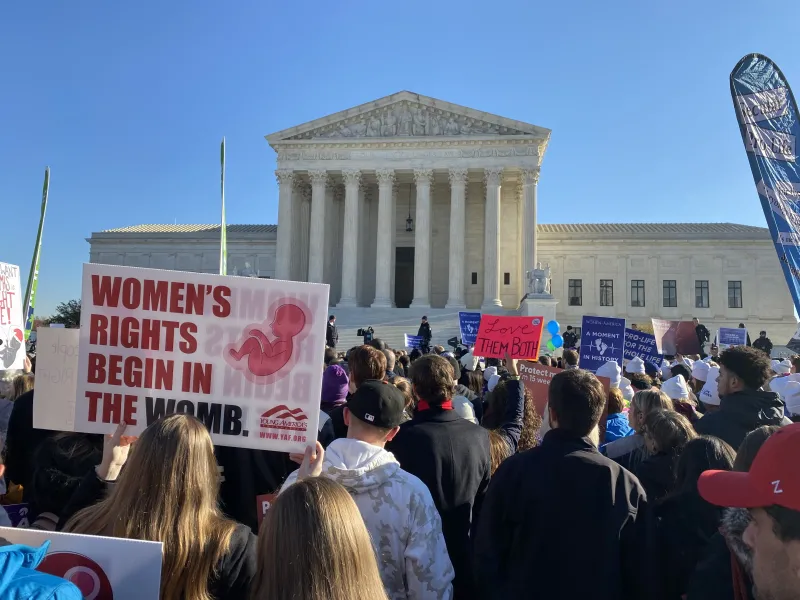
ACI Africa, Jun 26, 2024 / 10:30 am (CNA).
Church projects that had been halted in Egypt when the northern African nation was dominated by the Muslim Brotherhood are being resumed as Christians in the country begin to enjoy some measure of freedom.
According to Catholic pontifical and charity foundation Aid to the Church in Need (ACN) International, Egypt’s Christians have more freedom of worship today than they did a few years ago, when the country was dominated by the radical Islamist group that ruled from 2012 until the beginning of July 2013.
The patriarch of Alexandria, Archbishop Ibrahim Sidrak, told ACN that even though Christians in Egypt still experience different kinds of persecution, Coptic Catholics in the country — who number some 300,000 faithful — have seen it necessary to embark on the construction of churches to provide pastoral care to their members.
“Now that the government has lifted the obstacles to building new churches, all the dioceses have building projects,” Sidrak said.
“Churches are the heart of our communities and are difficult to access for many parishioners. Those who live far away have to spend up to a quarter of their salary to be able to take their family by bus to church for Sunday Mass,” the archbishop said in a June 19 ACN report.
An example of projects that have resumed in the country, Sidrak said, is Luxor Cathedral, which burned down in 2016 and is being restored with the support of ACN.
“One of the most emblematic examples of the Coptic Catholics’ thirst for reconstruction is our cathedral in Luxor,” Sidrak said. “It will soon be completely restored, thanks in particular to the support of the ACN Foundation.”
ACN reported that on April 23 and 26, the villages of Al-Fawakher and Al-Koum, both in the province of Minya, were attacked by mobs of Muslims who were angry at the idea of building Christian churches in these places.
The episode, the charity said, was a fairly isolated case as Egyptian Christians are now experiencing “greater freedom of worship” in contrast to the harsh times when the Muslim Brotherhood ruled the country.
Recalling the times when the Islamic radicals led by Mohamed Morsi came to power, Sidrak said: “During Mohamed Morsi’s government, the attacks against the Copts skyrocketed.”
Morsi’s rule, the archbishop recounted, “was terrible, but fortunately short-lived.”
“I think Egyptians told themselves in 2012, when they went to vote, that they had never given the Muslim Brotherhood a chance and that they had to try. They won’t make the same mistake again,” Sidrak said.
He noted that despite being removed from power, the shadow of the Muslim radicals remains. For the archbishop, “this type of movement never dies, but the current government is taking the threat very seriously and they no longer dominate Egyptian society.”
“When they held all the power, in 2012 and 2013, it was very risky for a Christian to walk alone in the street,” he continued. “Our churches were threatened and hundreds were burned down. Now we live in relative safety. There are fanatics and terrorists, like everywhere, but they are under control.”
According to ACN, which documents religious-based persecution around the world, there are still “disturbing signs” of Christian persecution in Egypt. The foundation said that Christians in Egypt are often victims of attacks and crimes, are discriminated against by the law, and “do not enjoy the same rights as their Muslim fellow citizens.”
But not everything is negative, according to Sidrak.
“Yes, we are experiencing difficulties, particularly youth unemployment,” he said. However, “we have impressive demographics. Two million Egyptians are born every year. And the job market is not keeping up. Many young people are affected by unemployment, which creates frustration.”
“We also receive many migrants from countries at war,” he added. “We’ve already received Syrians, and now it’s the Sudanese who are coming to us in search of refuge.”
Amid the challenges, he said, the Coptic Catholic Church has mobilized not only to welcome migrants but also to strengthen its social role, especially in education and health.
In the report published June 20, the archbishop said that today, many Muslims want to send their children to Catholic schools.
“This not only helps to educate our people but also to keep them united, despite religious differences,” Sidrak said.
This story was first published by ACI Africa, CNA’s news partner in Africa, and has been adapted by CNA.
If you value the news and views Catholic World Report provides, please consider donating to support our efforts. Your contribution will help us continue to make CWR available to all readers worldwide for free, without a subscription. Thank you for your generosity!
Click here for more information on donating to CWR. Click here to sign up for our newsletter.





Leave a Reply